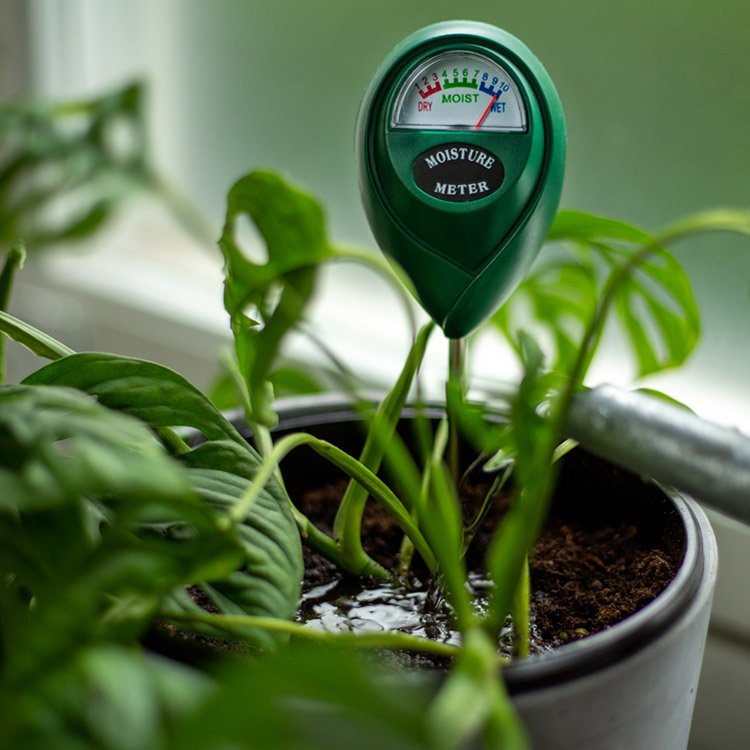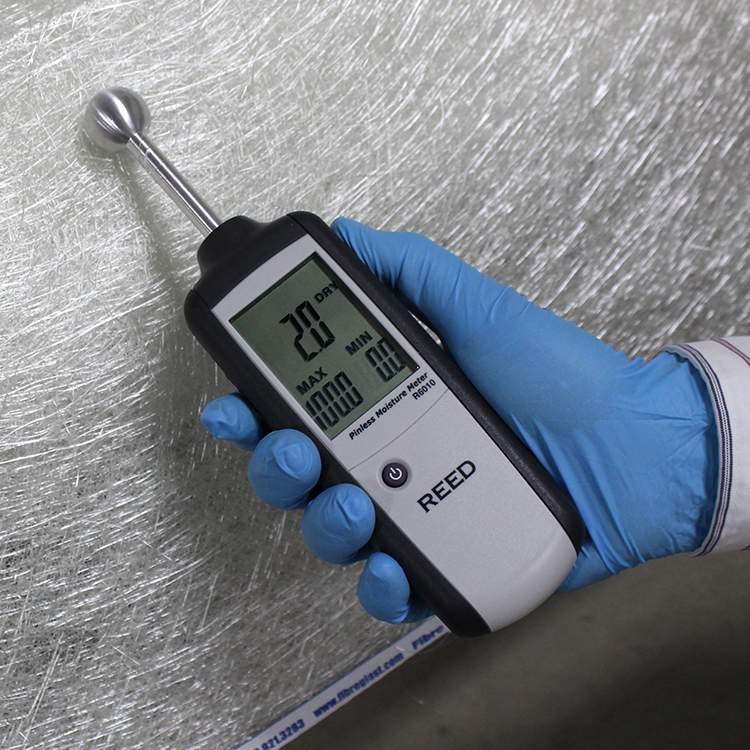The Ultimate Guide to Selecting the Right Moisture Meter for Your Demands
The Ultimate Guide to Selecting the Right Moisture Meter for Your Demands
Blog Article
The Ultimate Guide to Moisture Meters: A Comprehensive Overview and Just How They Can Conserve You Money
In the realm of building upkeep, building and construction, and numerous sectors, the importance of accurately measuring dampness levels can not be overstated. Dampness meters function as important tools in spotting and keeping track of moisture content in products, helping in protecting against pricey damages and ensuring the top quality of products. Recognizing the nuances of various kinds of moisture meters, their applications, and the potential cost-saving advantages they offer can be a game-changer for businesses and specialists alike. Uncovering exactly how these devices can not just improve procedures however additionally add to financial cost savings is a journey worth starting.
Kinds Of Moisture Meters
Different kinds of moisture meters are readily available for different applications in numerous industries. One typical type is the pin-type wetness meter, which measures the electrical resistance in between two pins placed right into a material. This kind is appropriate for timber, drywall, and other structure products. Pinless moisture meters, on the various other hand, use electro-magnetic sensing unit plates to check a larger area without creating damage to the material's surface area. These meters are suitable for quickly examining dampness levels in big locations such as wall surfaces and floorings.
Additionally, there are likewise specialized dampness meters developed for certain products like grain, hay, or soil. These meters offer precise wetness analyses customized to the unique residential or commercial properties of the material being evaluated. Infrared wetness meters determine the thermal residential properties of a product to determine its dampness web content non-invasively, making them valuable for applications where pin or pinless meters might not be ideal. Comprehending the various types of wetness meters offered can help markets select the most proper tool for their particular moisture measurement needs.

Benefits of Making Use Of Moisture Meters

In addition, making use of dampness meters can lead to raised power performance. In farming setups, wetness meters play a vital function in enhancing crop yields by making it possible for farmers to check dirt wetness levels and make informed irrigation choices.
Exactly How to Select the Right Moisture Meter
Selecting the ideal dampness meter includes considering essential variables such as product compatibility, measurement range, and calibration precision. When selecting a moisture meter, it's vital browse this site to ensure that the meter is ideal for the certain material you will certainly be testing. Various products useful reference have varying electric properties that can influence moisture analyses, so selecting a meter designed for your product is important for exact results. Additionally, think about the measurement series of the moisture meter. Make certain that the meter can discover dampness levels within the array required for your applications. Calibration precision is one more critical aspect to maintain in mind (Moisture Meter). Select a dampness meter with trustworthy calibration to guarantee consistent and accurate analyses. Some meters may call for regular calibration changes, so comprehending the calibration procedure is essential. By very carefully evaluating these variables, you can pick a wetness meter that fulfills your needs and provides exact wetness dimensions for your projects.
Appropriate Strategies for Moisture Meter Use
To guarantee accurate wetness analyses and take full advantage of the performance of a moisture meter, employing appropriate strategies is vital. When making use of a pin-type wetness meter, place the pins or probes right into the product being checked till they make complete call. Ensure the pins are perpendicular to the surface to get the most accurate reading. For pinless wetness meters, hold the gadget flat against the material and relocate slowly to cover the entire area for an average reading. It's essential to calibrate the moisture meter according to the material being tested to enhance accuracy. Take numerous analyses throughout the surface area and average them out for a more reputable result. Furthermore, guarantee that the product being tested is adjusted to the environment to prevent skewed analyses. Routine upkeep of the dampness meter, such as cleansing the pins or sensing unit, is likewise important to ensure consistent and accurate analyses. By complying with these proper techniques, customers can find more info depend on their moisture meter to give reliable wetness levels, assisting in stopping costly damage or guaranteeing quality in numerous applications.

Cost Financial Savings With Moisture Meter Applications
Just how can the calculated application of moisture meters lead to substantial expense savings throughout different sectors? In the farming sector, moisture meters aid in figuring out the ideal time for collecting plants, preventing over-drying or excess wetness that can affect the final product's top quality.

Furthermore, in the food processing market, wetness meters are necessary for checking item top quality and making certain conformity with safety and security laws. By properly measuring dampness material in food, makers can stop wasting, preserve freshness, and decrease waste, resulting in significant price financial savings. Generally, the calculated application of wetness meters is an important investment that can lead to significant price decreases and enhanced efficiency throughout different industries.
Conclusion
In verdict, moisture meters are useful devices for determining and detecting wetness degrees in numerous materials. By using the right wetness meter and following proper strategies, customers can successfully prevent costly problems caused by excess moisture.
Wetness meters offer as essential devices in detecting and keeping track of moisture material in products, aiding in stopping pricey problems and making certain the top quality of items. Infrared wetness meters determine the thermal residential or commercial properties of a material to establish its wetness web content non-invasively, making them valuable for applications where pin or pinless meters may not be ideal.Moisture meters provide very useful advantages in properly evaluating and monitoring moisture degrees in varied materials and environments. In farming setups, wetness meters play a crucial function in maximizing plant yields by making it possible for farmers to keep track of dirt wetness levels and make informed watering choices.In final thought, moisture meters are beneficial devices for measuring and spotting dampness degrees in different products.
Report this page